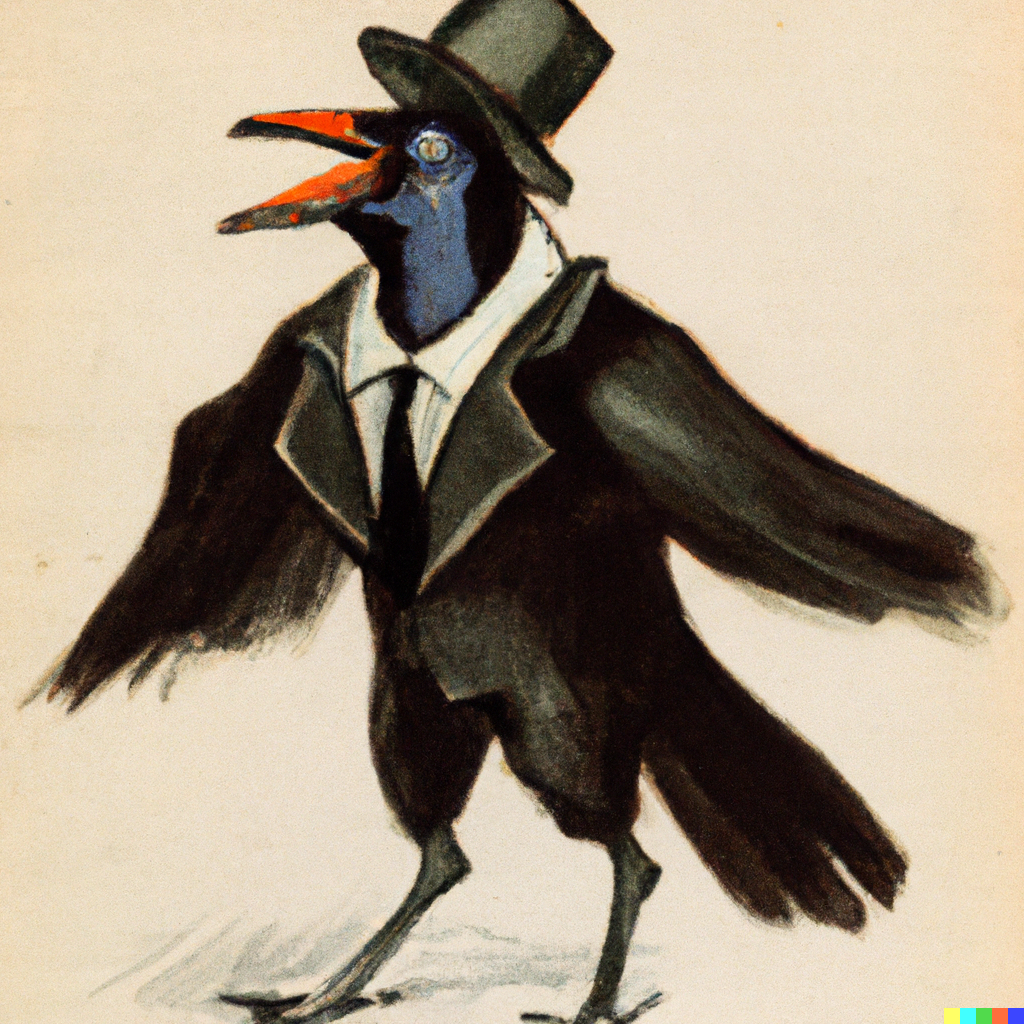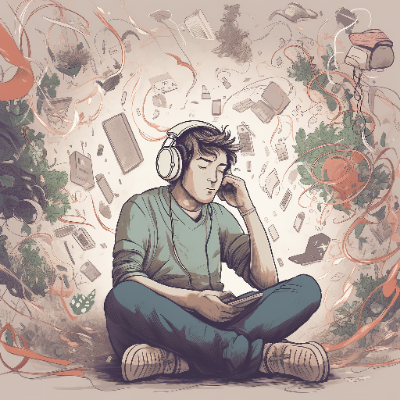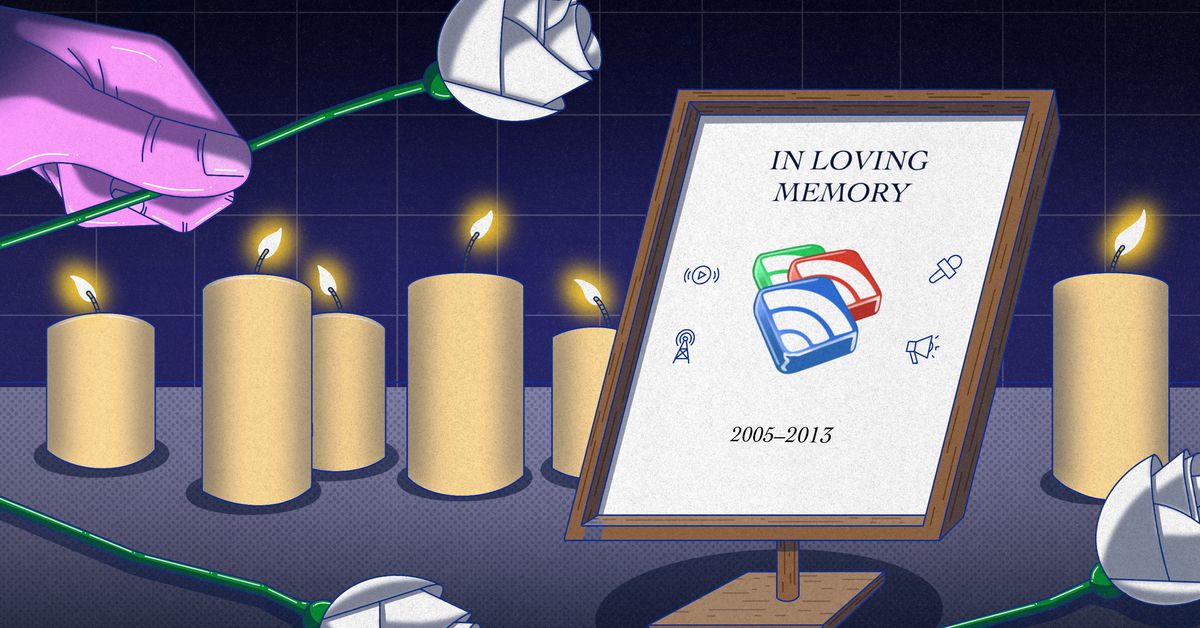- cross-posted to:
- technology
- tech@kbin.social
- tech@kbin.social
- technews@radiation.party
Google Reader was supposed to be much more than a tool for nerds. But it never got the chance.
Found this bit really interesting:
At its peak, Reader had just north of 30 million users, many of them using it every day. That’s a big number — by almost any scale other than Google’s. Google scale projects are about hundreds of millions and billions of users, and executives always seemed to regard Reader as a rounding error. Internally, lots of workers used and loved it, but the company’s leadership began to wonder whether Reader was ever going to hit Google scale. Almost nothing ever hits Google scale, which is why Google kills almost everything.

Why companies are like this? I mean, this is not a matter of redirecting existing resources to the project that generates the most revenue. You are fucking Google, you just can hire more people for those projects.

I never really went in for the social aspects, but I knew people who did, and I really did like the idea of curating my own sources, and seeing them in one place, distilled down to text and images only. Brilliant product. I initially tried to self-host one of the alternatives, but nothing ever worked as smoothly, and eventually I sort of of half-consciously pivoted to curating not by source, but by topic (i.e. Reddit). It was an amazing tool for “defragmenting” the web during its era, though.
I also have to think that Google could come up with a better way to deprioritize the smaller projects without killing them off, thereby inviting bad press and at this point stunting adoption of anything that looks different or requires any buy-in. Imagine if Reader had been spun off, or if they wanted to maintain control, just shuttled off to a subsidiary or vertical business unit that would “buy” server time and have a budget and a monetization roadmap. Maybe it still would have been enshittified, but it would have lasted longer and had a legitimate chance to prove it was the next big thing, or at the very least preserve goodwill for long enough not to hit Google’s reputation with early adopters and power users.

Have you ever tried Feedly? I’ve been using it since the demise of Google reader and it’s been pretty decent

Kevin, it’s always Kevin.

For me I used to love Feedbin and subscribed to loads of feeds, but after Google killed off Greader I felt the internet changed. Fewer and fewer people posted quality content that way and I would no longer know how to find it if they did, so eventually I stopped using it and switched to Reddit instead. Now I’ve moved to kbin but it is a good opportunity to rethink things again.

Ah man. It was an artifact from a bygone era, when user experience was the guiding principle behind site design.
The prevailing design now appears to be “digital skinner box encrusted with dark patterns”, and it feels like all the major sites are in a race to see who can crap up their user experience the most. I want to go back to Web 1.0 please.

Check out Feedbin!


